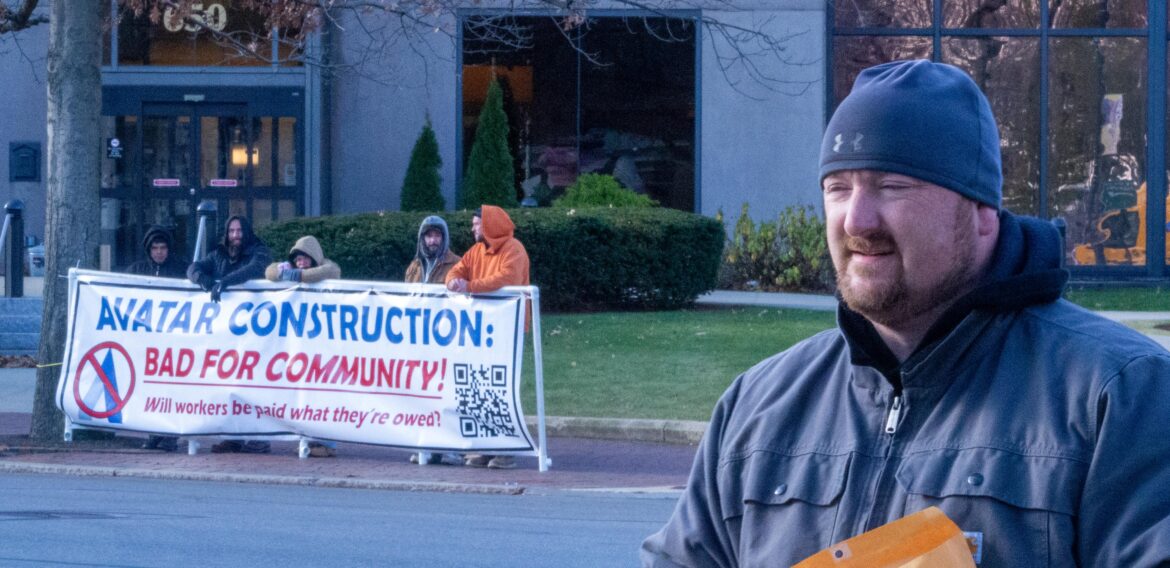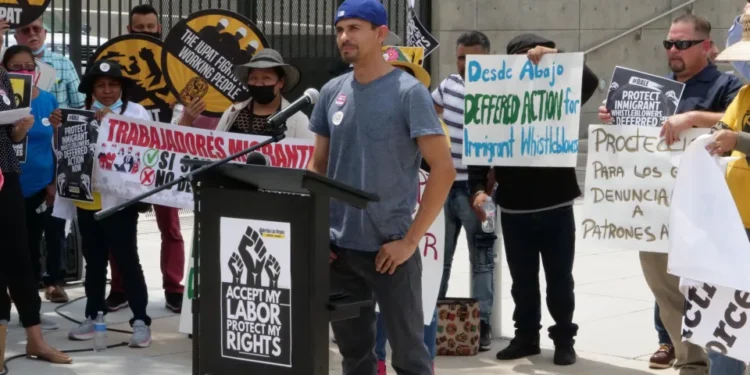The problem of wage theft has been a pervasive drawback that faces many development employees in the USA yearly. In keeping with a 2014 report by the Financial Coverage Institute, employees lose over $50bn a 12 months to wage theft from employers. Wage theft consists of techniques from stiffing employees on pay or failing to pay employees for time beyond regulation correctly. It additionally entails minimal wage violations and misclassification of staff as unbiased contractors. Moreover, not offering employees with mandated break instances can also be thought-about wage theft. There are quite a few challenges that development employees all around the U.S. face, similar to working near 60 hours every week and getting no time beyond regulation allowance. Development employees are even pressured by their employers to work at no cost on weekends to complete a mission. The US regulators have taken a stand on cracking down on wage theft within the U.S. development trade.
Additionally learn: How Construction Firms Benefit From Managed IT Services
The Measures Put Forth to Erode Wage Theft in the usConstruction Business
Employers are getting cheeky in evading to pay time beyond regulation and dues for the development work completed. Acts similar to falsifying employment data to deprive employees of time beyond regulation pay and intimidating employees from talking up in regards to the practices are among the techniques employed. Moreover, forcing employees to volunteer to work on weekends with out pay can also be used as a tactic. The intimidation techniques used embrace threatening to name immigration providers on employees and lowering employees’ hours and pay in the event that they have been suspected to be cooperating with the division’s investigation. A latest investigation by the Department of Labor recovered $47,393 in unpaid time beyond regulation wages for 21 employees in Utah. Final 12 months, the division ordered Unforgettable Coatings and Cory Summerhays to pay 593 employees over $3.6m in stolen wages, damages, curiosity, and penalties. These are among the measures that the Division of Labor is placing forth to deal with wage theft.
The Significance of Addressing the Menace in the usConstruction Business
The crackdown on wage theft within the U.S. development trade is important in guaranteeing that the rights of development employees are revered. It additionally ensures that employees are paid for the full-time providers they provide and time beyond regulation. It additionally ensured that these development employees have been categorised appropriately as employed contractors by their employers. Misclassifying development employees as unbiased contractors supplies a leeway for employers to refuse to pay time beyond regulation in some development corporations. It additionally ensures that development employees are totally compensated for any wages that they weren’t paid. A latest investigation noticed two immigrants obtain a wage theft settlement of $34,000 from Fredericksburg Glass. Many might argue that the measures put forth are solely the scratch of the floor however they’re of immense significance.
Additionally learn: The Different Types of Construction Insurance: What Every Contractor Needs to Know
The Entities Concerned in Addressing Wage Theft in the usConstruction Business
The division credit employees who converse up on wage theft and help within the investigations regardless of the threats and intimidation they obtain from their employers. Development employees are additionally becoming a member of native unions to be taught extra about their rights. Organizations such because the Worldwide Union of Painters and Allied Trades (IUPAT) are among the unions taking a stand on wage theft. They work to prepare different employees all through the development trade who’re being subjected to systematic labor abuses and wage theft. These initiatives are essential in guaranteeing that the menace which is wage theft in the usconstruction trade is lastly handled.
Additionally learn: How To Easily Issue Pay Stubs For Your Construction Workers?



